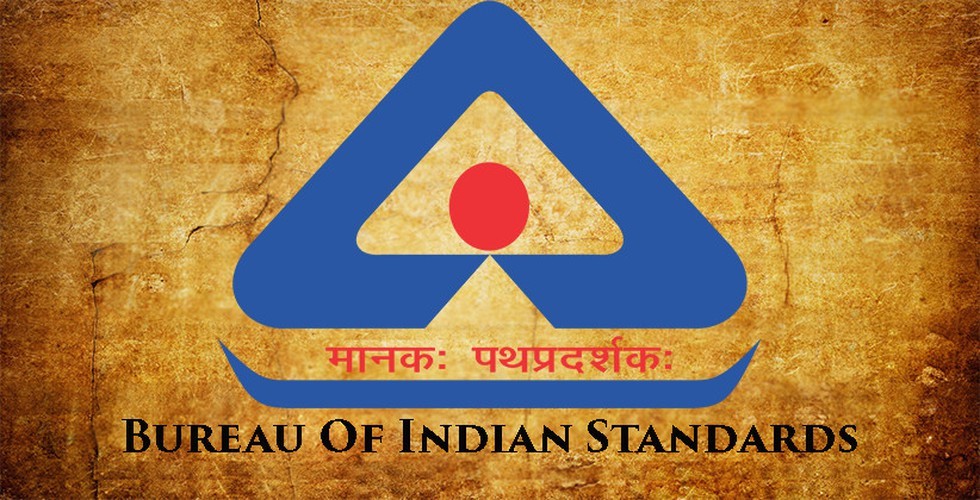
Bureau of Indian Standards (BIS)

13.03.2024
Bureau of Indian Standards (BIS) , Daily Current Affairs , RACE IAS : Best IAS Coaching in Lucknow
|
For Prelims:About Bureau of Indian Standards (BIS) |
Why in the news?
The Government of India recently initiated a scheme through the Bureau of Indian Standards (BIS) for the upgradation and strengthening of the laboratory network in the country.
About Bureau of Indian Standards (BIS):
- It is the National Standard Body of India established under the BIS Act 2016 for the harmonious development of the activities of standardization, marking, and quality certification of goods and for matters connected therewith or incidental thereto. It is the successor of the Indian Standards Institution (ISI), which was created in 1947.
- It is functioning under the administrative control of the Ministry of Consumer Affairs, Food and Public Distribution.
- BIS has been providing traceability and tangibility benefits to the national economy in a number of ways: providing safe, reliable quality goods; minimizing health hazards to consumers; promoting exports and imports substitute; control over proliferation of varieties through standardization, certification, and testing.
- It operates product certification schemes through which it grants licenses to manufacturers covering practically every industrial discipline, from agriculture and textiles to electronics.
- Certification by the BIS is mandatory for certain classes of products—such as milk powder, X-ray equipment, and gas cylinders—that directly affect public health and safety. In other cases, voluntary, or optional certification or self-certification by the manufacturer may be permitted.
- The BIS employs a large staff of engineers, scientists, and statisticians; testing is carried out in its own laboratories as well as in independent facilities that demonstrate compliance with laboratory guidelines established by the International Organization for Standardization (ISO).
Source: PIB